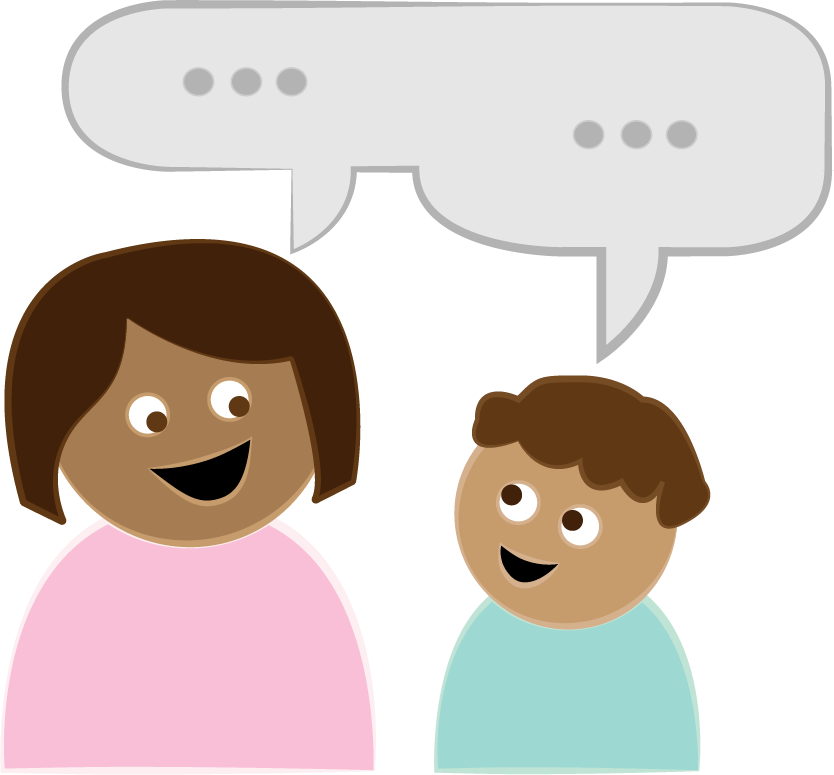Children’s Bible Program – Level 3: NT Lesson 5 “The Beatitudes”
Featured Passage: Matthew 5

Jesus Christ had begun His ministry on earth. Many people followed Him, excited to see what miracles He would perform and to hear what He had to say. One day, Jesus went up on a mountain to teach the people and His disciples some very important lessons. The speech he gave that day is one of the most famous ever given, and it is often called “The Sermon on the Mount”. He began His speech with a list of qualities we call “The Beatitudes”. “The Beatitudes” is a good place to start learning what Christ looks for in a Christian.

Discuss:
- Beatitudes express attitudes that should be part of a Christian. What are the beatitudes Christ teaches?
- The Greek word for “blessed” can also be translated as happy. What conclusion can you reach about people who have these qualities?
- What does it mean to be poor in spirit?
- What does it mean to hunger and thirst for righteousness? (Psalm 119:172 tells us what righteousness means)
- Think of an example in which you can act as a peacemaker.
- Christ said true Christians would experience persecution. Have you ever experienced persecution for Christ’s sake? Can you think of any examples of Christians who have?
- What are the promises God offers to those who have the qualities mentioned in the Beatitudes?

Memory Challenge:
Matthew 5:3-12
Memorize the Beatitudes!
